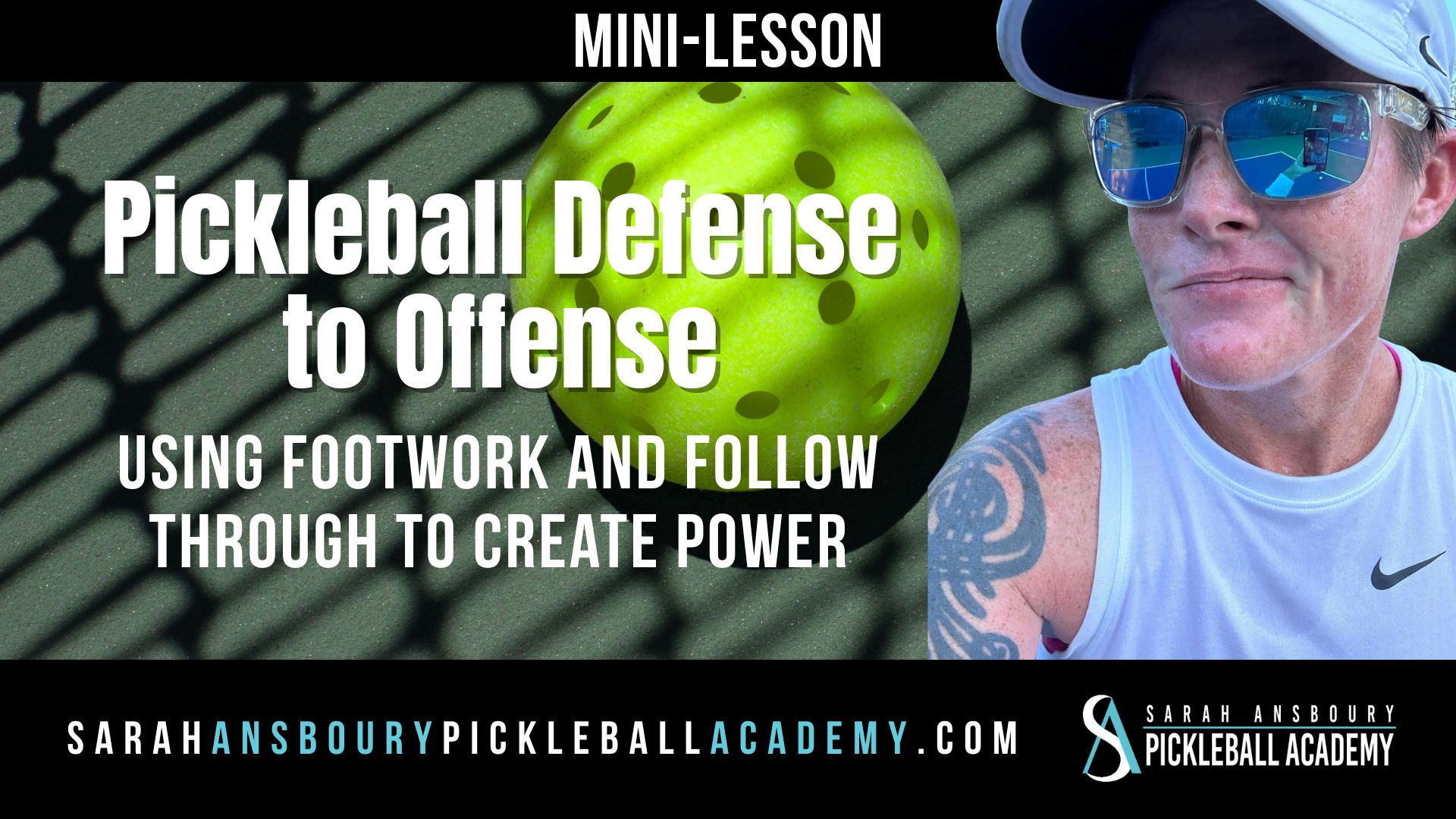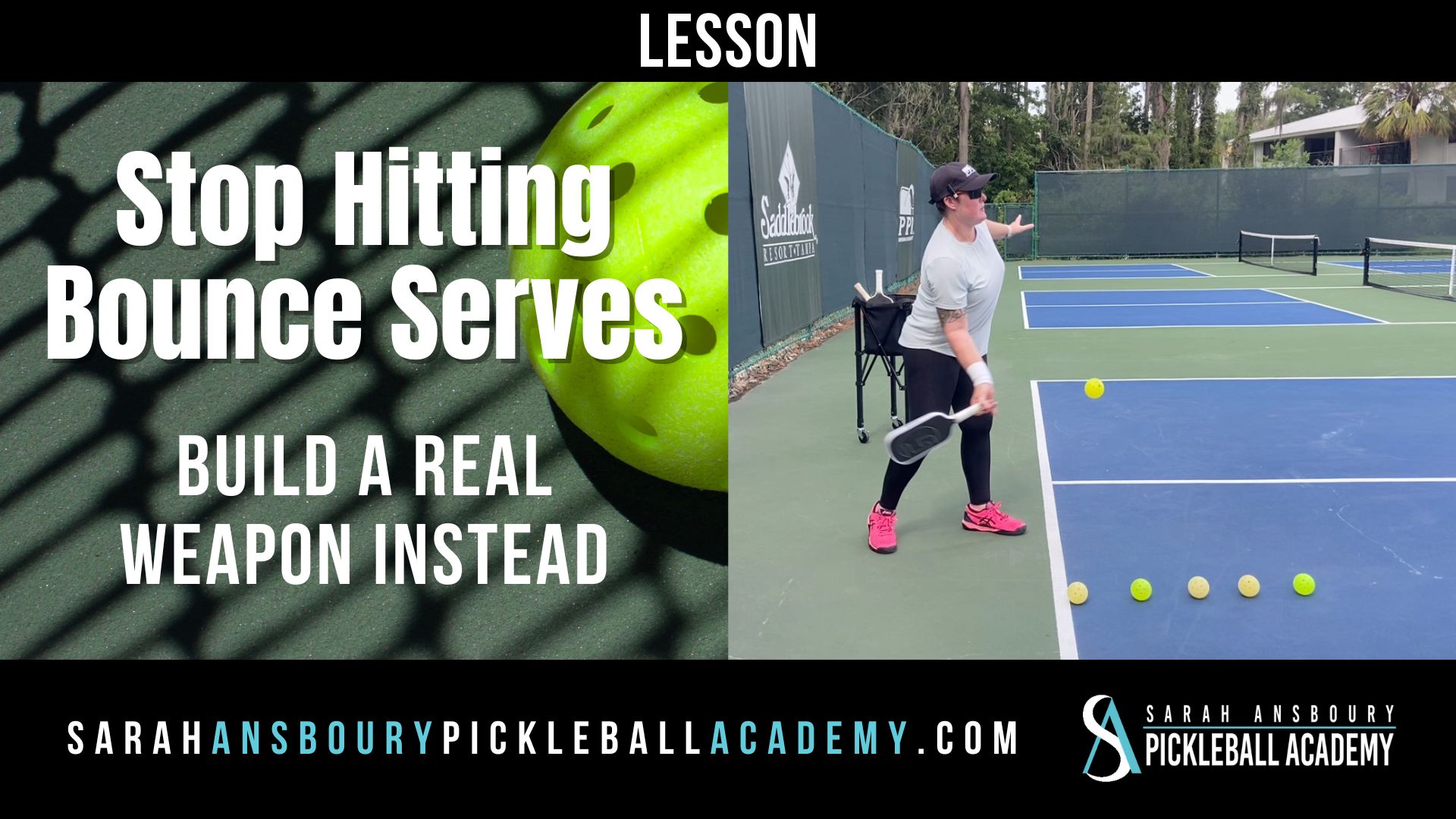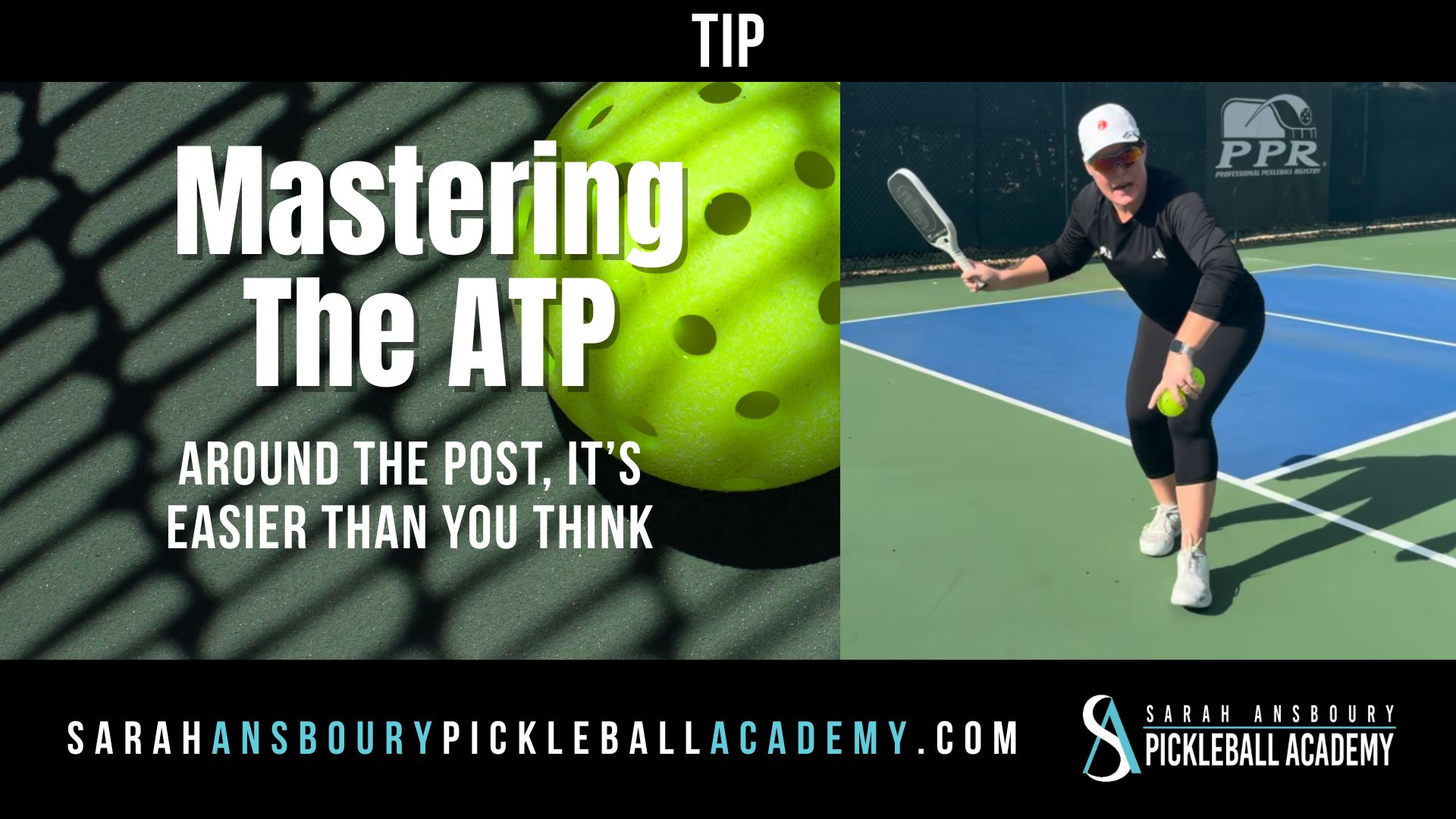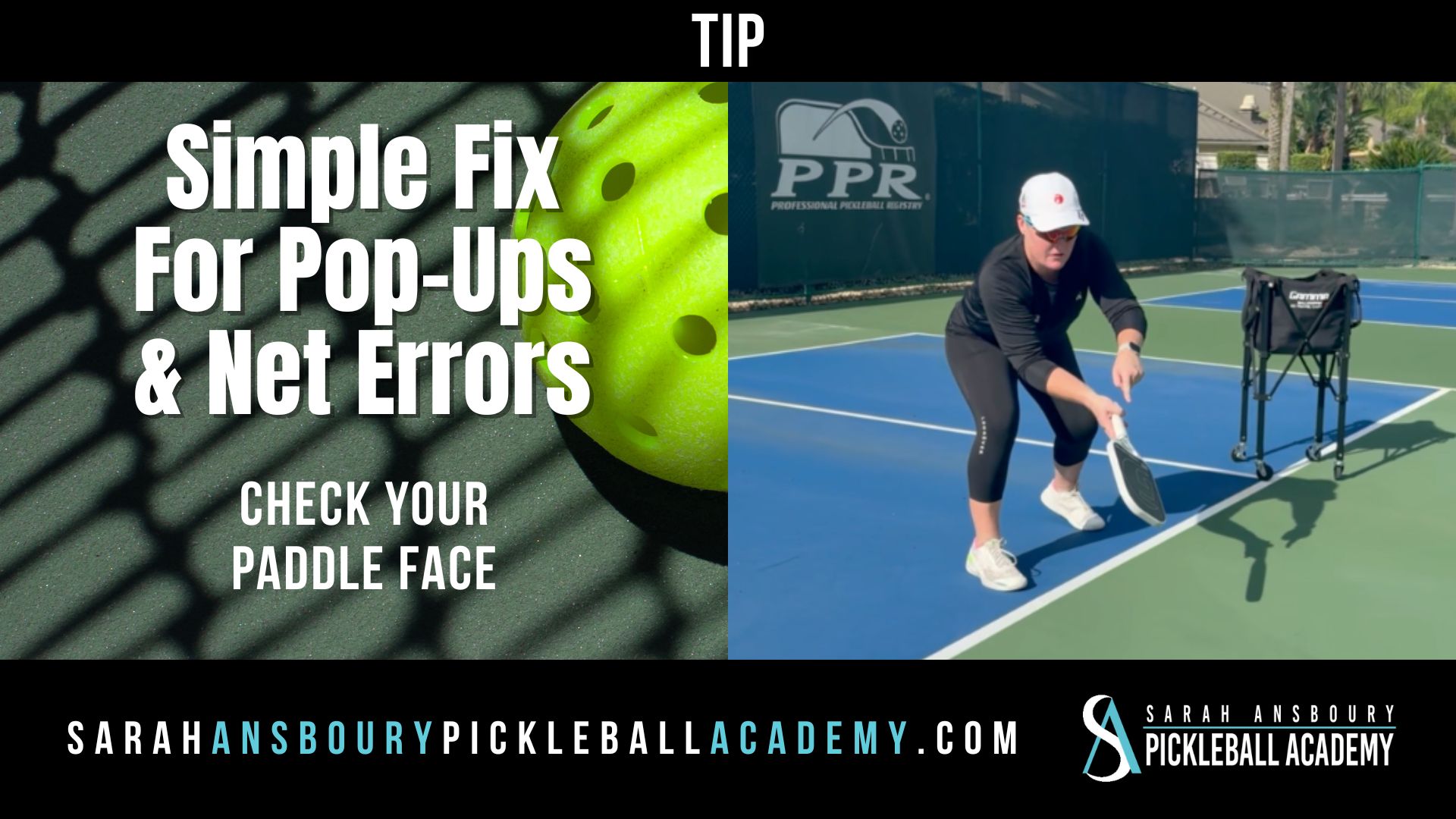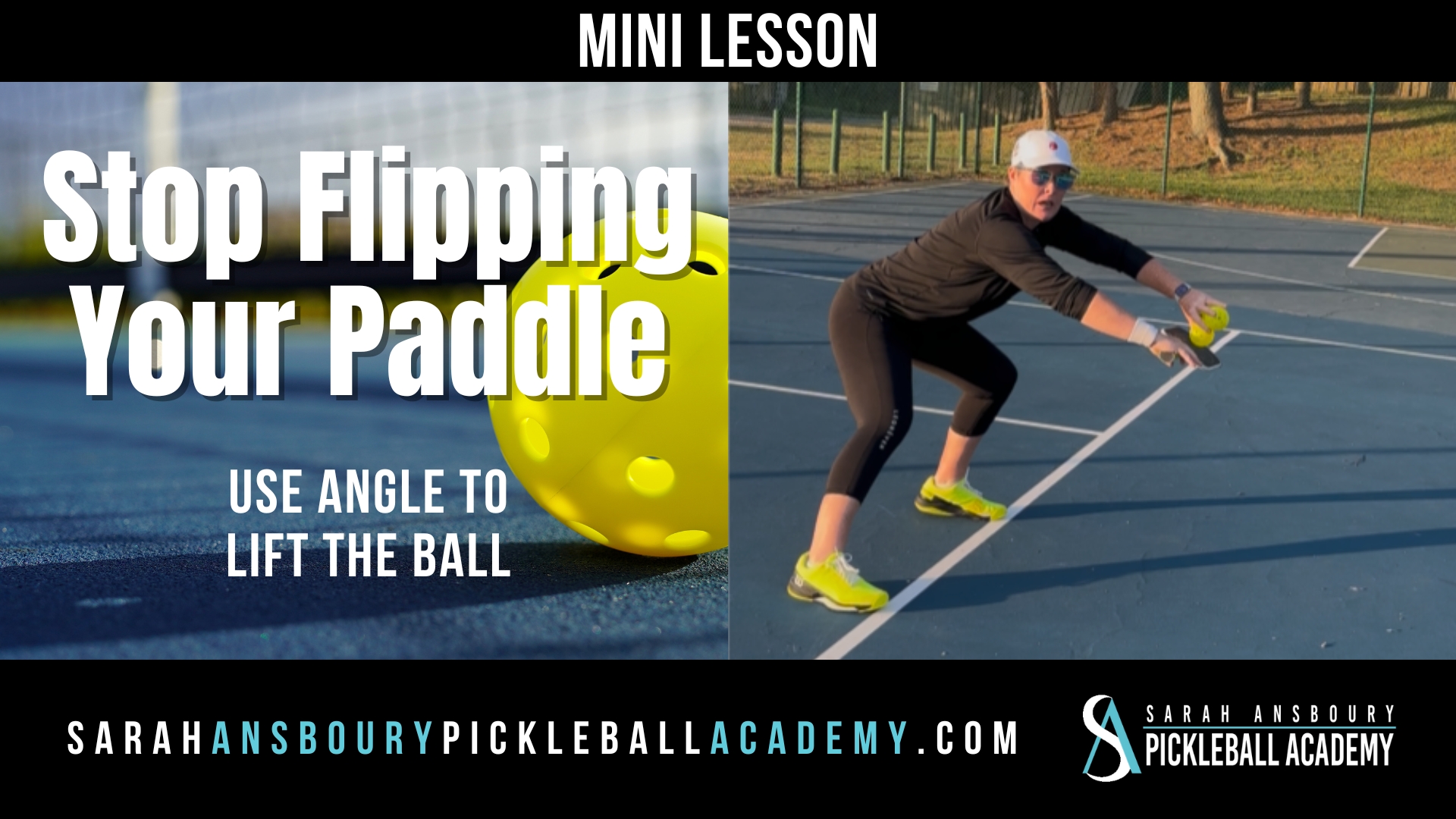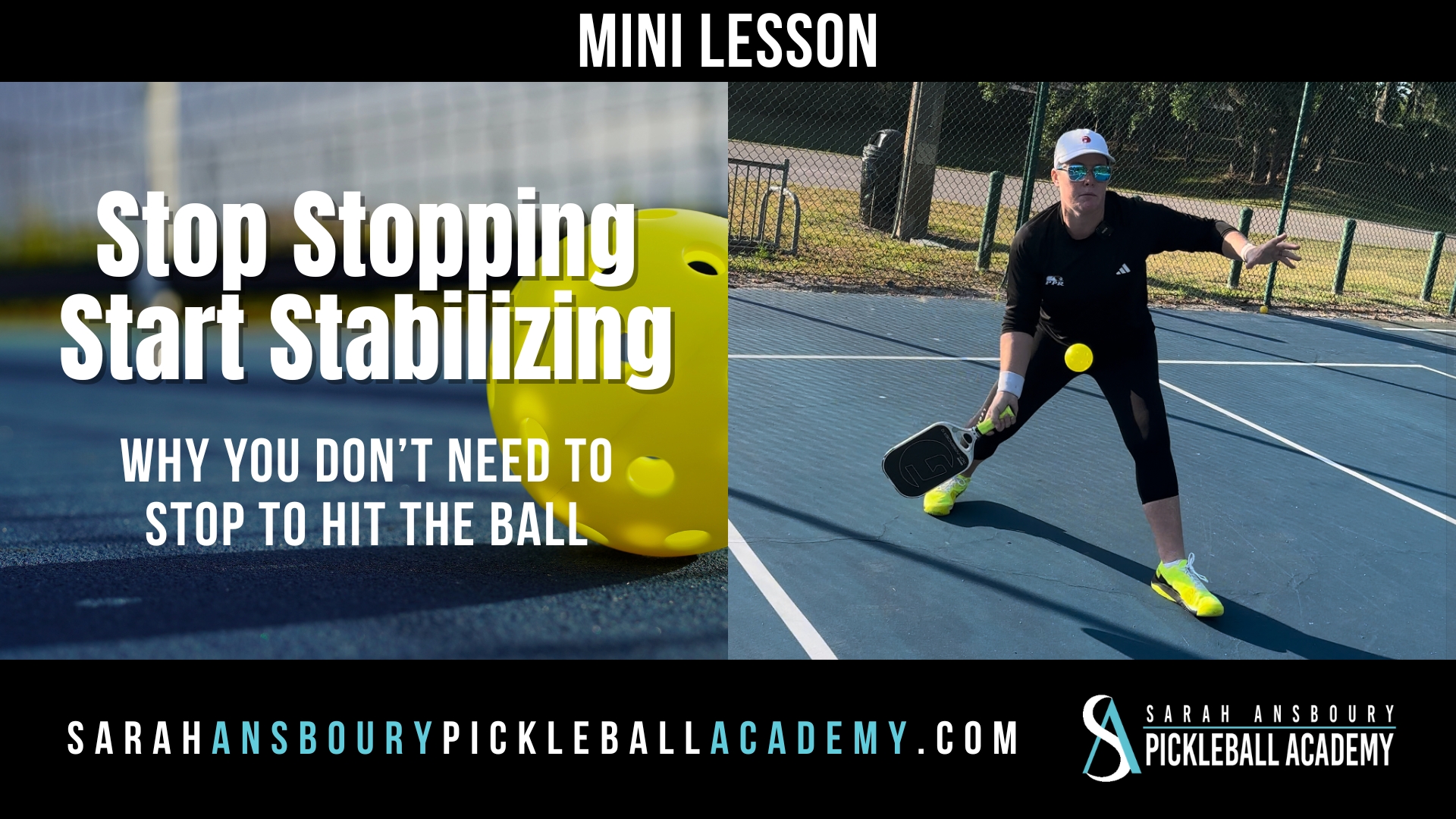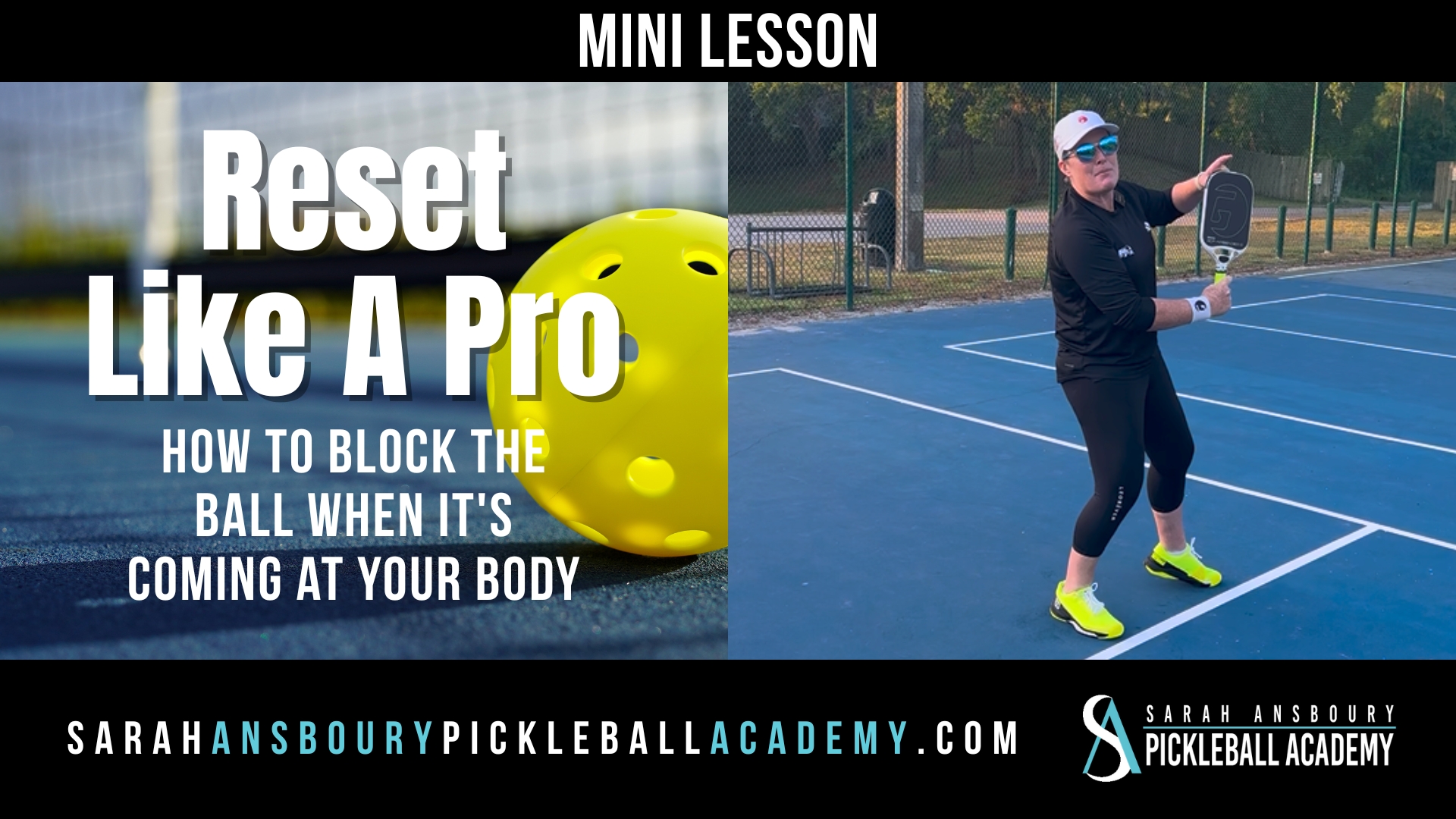I have written before about the importance of knowing pickleball rules. I have also written about the value referees bring to sanctioned events. Today let me share my experience during a recent tournament that brings these points into focus.

disagreement on court
At a tournament a few weeks back I was playing mixed doubles. We were fortunate to have a very experienced, certified referee assigned to our court. Our opponent became very agitated following a point and demanded a new referee. His partner was trying to stay calm and away from the fray…but frankly, the disruption affected all of us.
Pickleball rule 13.J requires that all players on the court agree to have a new referee assigned to the match. I personally wanted to keep the referee, as did my partner. We felt he was calling the match correctly and fairly.
Frankly, as the match went on, our opponent was starting to allow his anger to get the best of him. Personal safety for myself and others on the court was becoming a concern. I was happy our ref stuck up for our rights and the rules … even though our opponent continued to insist on a new referee.
pickleball rules
It is your responsibility to know the pickleball rules. This is especially important if you are playing in competitive situations and/or introduce new players to the game. The rules are free to read or download from the internet. As I write this, the entire rule book (including rules covering wheel-chair pickleball) is only 66 pages and the type is big! So I am certain you can read the entire book in one hour or less.
introduce new players to the game. The rules are free to read or download from the internet. As I write this, the entire rule book (including rules covering wheel-chair pickleball) is only 66 pages and the type is big! So I am certain you can read the entire book in one hour or less.
pickleball referees
I realize many tournament directors find it difficult to find qualified referees for every event at their tournament. I wish they could. I see so many foot faults at the NVZ or while serving that are not called by the opposing team or the player’s partner. I witness players out of position after a long rally. Perhaps they serve from the wrong position and win the point because no one on the court recognizes the fault.
At the tournament I referenced above, I was pleased to see one team trying to help out their opponent who were frequently out of position. They told their opponent in advance they were on the wrong side rather than taking the point over and over again.
Remember, if you have a referee ask for their help. As the receiver, you can ask the score, which will let you know what side of the court you should be on. As the server, you can ask if you are the correct server. Also, remember you always have the right to feel safe on the court. Sometimes we need a referee to enforce the pickleball rules and control harmful behavior on the court.
Most importantly, remember to be kind and appreciative to your referee. Many are volunteers or standing in the hot sun for very little money. A thank you at the end of the match is the least you can do.

